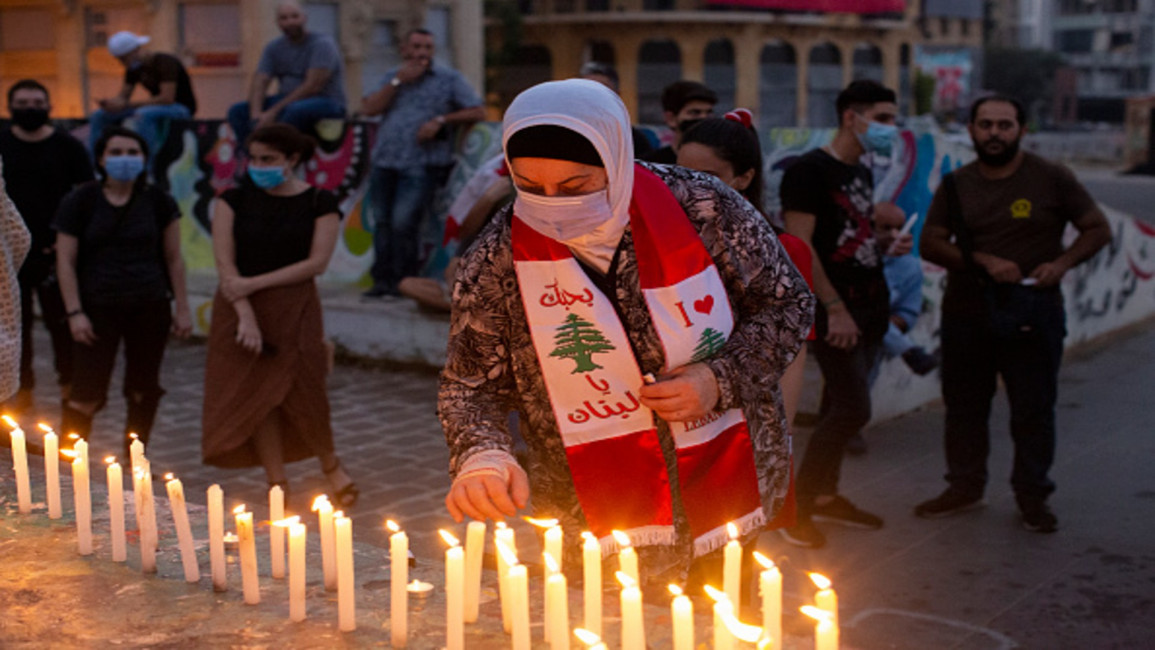Lebanese women receive UN funding in aftermath of port blast
The United Nations in Lebanon has launched a fund to support women peacebuilders and enhance their participation in the response to the Beirut port explosion on August 6, 2020.
The Women's Peace and Humanitarian Fund (WPHF) is intended as a rapid financing tool to enhance the capacity of six local women’s rights organisations and involve them in the response and recovery efforts.
A rapid gender assessment conducted by the UN and a number of NGOs in the aftermath of the Beirut port blast found that a large number of female headed households living in the affected areas are in need of immediate humanitarian assistance.
The assessment recommended, among other things, increasing the meaningful participation of women and marginalised groups in the decision-making for the design, implementation, management and evaluation of national and international response and recovery efforts.
The selection of the eligible organisations focused on national and local women-led, women’s rights, feminist, or civil society organisations with a proven track record of working with women and girls.
“Women of Lebanon were at the forefront of the humanitarian and relief efforts in the aftermath of the tragic Beirut port explosions as well as other peace-making initiatives. Their leading role must be recognized and strengthened if we are to achieve a just and equitable recovery that leaves no one behind,” said Najat Rochdi, United Nations Deputy Special Coordinator, Resident and Humanitarian Coordinator for Lebanon.
I was thrilled to meet 6 inspiring #women ,eager 2make change to #Lebanon recovery from #BeirutBlast &other crises. I discussed w/them social accountability, reconciliation, conflict prevention &women empowerment to name a few. More 2 come from their promising inputs to @wphfund pic.twitter.com/bM1UnKzxg0
— Najat Rochdi (@rochdi_najat) June 10, 2021
The selected organisations include Seeds for Legal initiatives (SEEDS), a Lebanese NGO that works with marginalised groups to raise awareness on their legal rights, Heaven for Artists (HFA), a queer feminist arts NGO that works at the intersection of art and activism, and Fe-Male, a feminist grassroots collective that works to reinforce the presence of young women and girls in leadership positions.
While considered one of the freest countries in the Arab world, Lebanon has seen little in some key areas of gender equality.
Women face discrimination under 17 distinct religion-based personal status laws. These include depriving women the right to pass Lebanese nationality on to their children, as well as legislation denying their right to abortion. Rape has yet to be criminalised and penalised in all its forms.


![President Pezeshkian has denounced Israel's attacks on Lebanon [Getty]](/sites/default/files/styles/image_684x385/public/2173482924.jpeg?h=a5f2f23a&itok=q3evVtko)



 Follow the Middle East's top stories in English at The New Arab on Google News
Follow the Middle East's top stories in English at The New Arab on Google News


